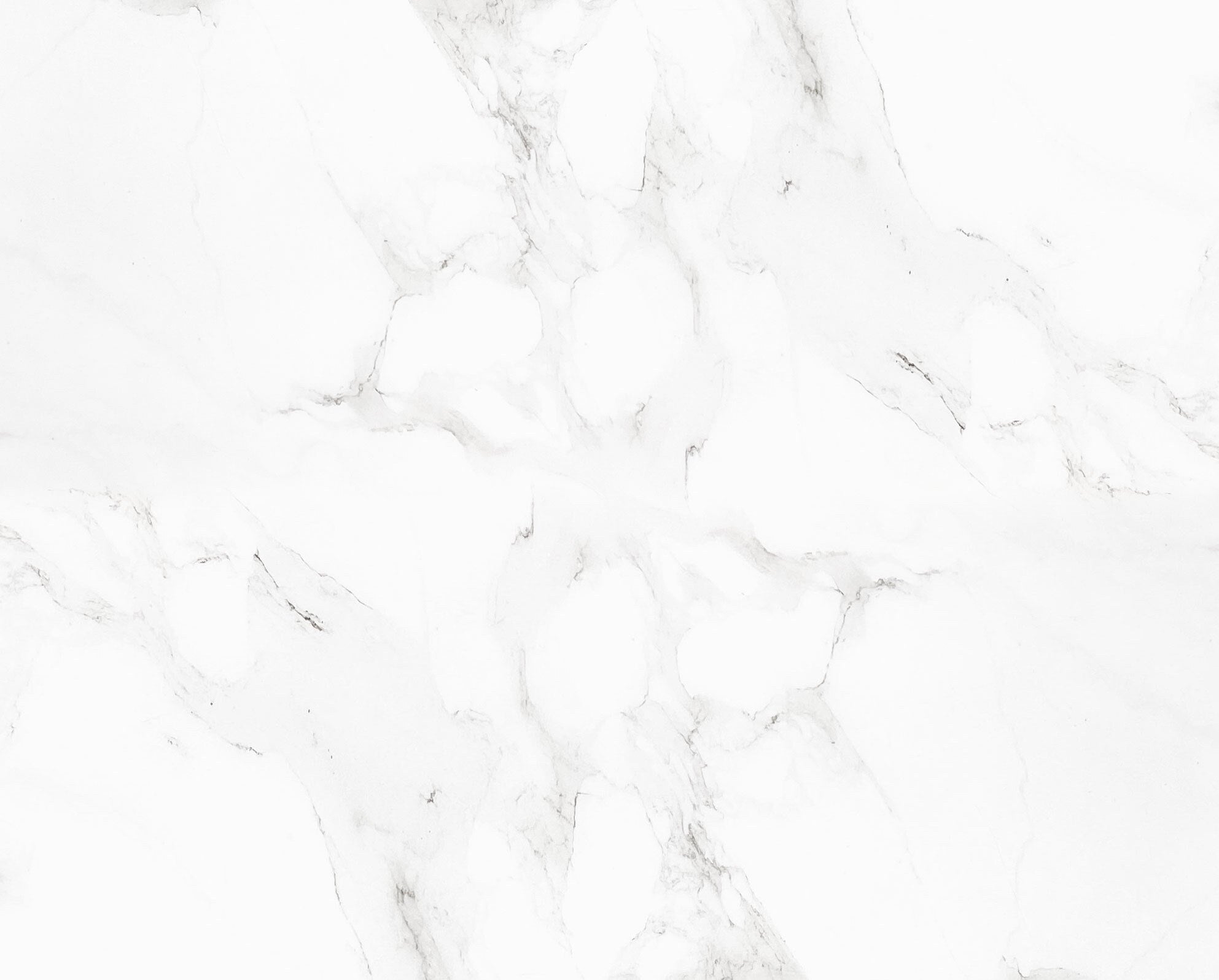What To Avoid When Storing Your Wine
Wine storage is something all wine lovers should consider, whether you simply enjoy a glass or two on the weekend or you’re a dedicated wine investor.
Certain factors such as sunlight, temperature, and humidity can all impact how well your wine tastes, smells, and looks.
There are many mistakes to be made in the world of wine storage, and we are here to highlight just a few.
Read on to learn more about what to avoid when storing your wine collection, and how you can rectify these mistakes.
What to Avoid
There are some things that can deteriorate or completely spoil the quality of your wine. It is very important to identify these factors so that the quality of your wine can be preserved.
Trying To Age All Wines
For the most part, many wines have a shelf life of one to two years at most. Wine should be consumed within a reasonable amount of time, even if there is no expiry date on the bottle. But in the case you want a wine that can mature and last for 10 years and more, it is best that you consult a wine expert to get that.
Not all wine is suitable for ageing - so don’t try storing your whole collection for years at a time in the hope that it will age well. In a wine fridge, most wine will taste the same after a few years, because the temperature and humidity inside a wine fridge work to preserve the wine.
Only certain wines can be aged in time. A good bottle of wine may last for years and years, and only becomes better with time. These wines are very expensive, with prices as high as $200,000 per bottle.
If you plan on ageing your wine, one of the best places to do so is a wine cabinet. Wine cabinets are the ideal place for long-term wine storage, considering the same factors as wine fridges.
Alternatively, you could store your wines for ageing in a wine cellar. Wine cellars can be expensive, both to install and to manage. However, if you’re a wine investor or you’re dedicated to wine storage and wine ageing, then it may just be worth the large price tag.
Not Considering Humidity
When it comes to wine storage, many people overlook humidity. Humidity is an important factor that any wine lover should consider - but many people forget about it.
Your wine needs a little humidity to be stored correctly, especially if you’re storing wine in the long term. Without enough humidity, the corks in your wine bottles may dry out. This can expose your wine to oxygen, which is a fast killer of any good wine.
Another mistake people make is storing their wine upright/ vertically. Instead, they should be laid down, so some of the cork is covered by the wine, keeping the cork moist.
Too much humidity should also be avoided. If you store your wine in a space that is too humid, you could end up ruining the labels - which is something you want to avoid if you’re a wine investor or wine collector. This is because humidity can cause moisture to accumulate, promoting mould growth and destroying the labels.
Wine is best stored within the humidity range of 55-70%. The best place for your wine, whether it be in the short term or the long term, is a wine fridge. Modern wine fridges not only maintain a steady temperature but regulate internal humidity levels, providing the ultimate storage space for any wine collection. Check out this post to learn more about ideal humidity levels.
Storing Your Wine in Sunlight
Sunlight, or more specifically, UV light can be a fast killer of wine - so you should avoid storing your wine in direct sunlight. Be sure to store your wine collection in a cool and dark place, away from any direct light source.
Even powerful overhead lighting may cause harm to the bottles if it is kept on continuously and shines directly on the surface of the containers. If there is going to be any illumination near your bottles, you should choose bulbs with an UltraViolet protective coating.
Storing Wine Around Strong Odours
Even though it might look right at times, it's better to avoid storing wine in the kitchen. Because the porous cork allows the wine to "breathe," the bottles of wine should be kept away from strong aromas, such as those caused by food or garbage. Flavours can seep through the cork and contaminate the wine.
Store corked wine apart from things like garlic, and in the basement, store paint cans separately from corked wine. If you want the best results, locate a space specifically for a wine rack out of the way of any pollutants like cleaning agents and tucked away in a dark corner or closet.
Instead of storing your wine in the fridge alongside your leftover Sunday roast, store it in a wine fridge. Some modern wine fridges even feature a charcoal filter that works to eliminate aromas.
Allowing High Vibrations To Ruin The Wine
Even the slightest vibrations created by electrical equipment might cause concern among some dedicated collectors. Many believe that vibration might cause long-term harm to fine wine by hastening the chemical processes in the liquid.
Strong vibrations may agitate the sediment that has settled to the bottom of older wines and prevent them from settling, resulting in the wines having an unpleasant grainy texture.
Moving wine around too often may also be detrimental to its quality, much as vibrations can. It can damage the quality of the wine to pick up bottles of wine and then turn them back over on their sides.
Many modern wine fridges, whether it be wine fridges with dual temperature zones or just a single temperature zone, feature vibration-free compressors to keep the vibrations to a minimum. You can shop our selection of quality wine fridges here.










